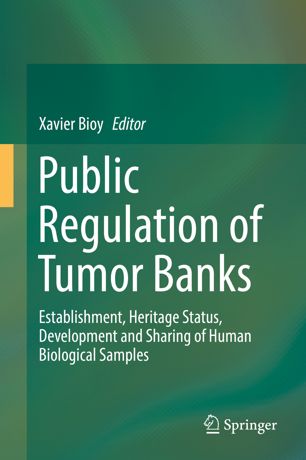

Most ebook files are in PDF format, so you can easily read them using various software such as Foxit Reader or directly on the Google Chrome browser.
Some ebook files are released by publishers in other formats such as .awz, .mobi, .epub, .fb2, etc. You may need to install specific software to read these formats on mobile/PC, such as Calibre.
Please read the tutorial at this link: https://ebookbell.com/faq
We offer FREE conversion to the popular formats you request; however, this may take some time. Therefore, right after payment, please email us, and we will try to provide the service as quickly as possible.
For some exceptional file formats or broken links (if any), please refrain from opening any disputes. Instead, email us first, and we will try to assist within a maximum of 6 hours.
EbookBell Team

4.1
90 reviewsThe multidisciplinary book assesses the legal and economic uncertainties surrounding the collection, storage, provision and economic development of biological samples (tumors, tissues, cells) and associated personal data related to oncology. Public, partly public and private sector actors in the field of cancer care and research hold collections supported by significant public and social funding. Under certain conditions, particularly in the context of networking (sometimes promoted by public authorities), these collections can also represent major economic assets and scientific resources. However, this involves a number of issues and institutional constraints:
The establishment, heritage recognition (“patrimonialisation”), development and sharing of these resources thus merit our calling into question present practices and their evolution, as well as the leverage available to public authorities (incentives, legislation, regulation) in a context where norms emerge from professional practice to become widely used in collaborative networks.
Filling a gap in the current literature on law and economics, which pays little heed to these specific considerations, this book explores these considerations to bring to light the economic implications of ethical choices and governance issues in the health sector (structural organisation of local, national and European actors in oncology).
It is intended for researchers in fields such as law, economics and biomedical sciences, as well as for public policymakers.